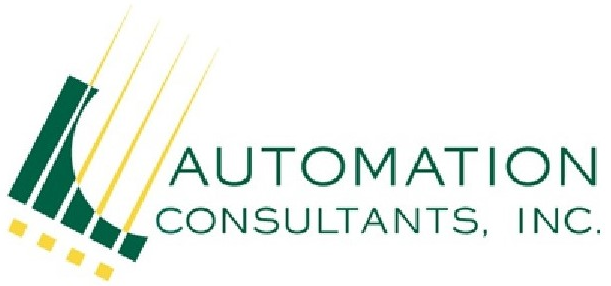Good financial statement audits are essential to protect investors, and skeptical auditors are essential to good audits. A recent study finds that skepticism is being discouraged in auditors – and that there are unexpected challenges and opportunities for fostering skepticism in auditors moving forward.
“In auditing, skepticism is about having the smarts to identify red flags, and the guts to investigate them,” says Joe Brazel, lead author of the study and Jenkins Distinguished Professor of Accounting at NC State University’s Poole College of Management. “Without skepticism you’re not going to identify fraud.
“But skepticism isn’t free. Investigating red flags is costly – you can go over budget. It can strain relationships with clients. It delays additional work. And at the end of the day, most red flags have innocent explanations.”
The researchers termed skepticism that was reasonable, but that both incurred a cost and did not uncover fraud or an error in the financial statements, “costly skepticism.”
“We know costly skepticism can lead to auditors actually being punished professionally,” Brazel says. “With this study, we wanted to see if rewarding costly skepticism actually made people more likely to find and follow up on red flags. And we found that under the right circumstances it can make a positive difference – but it can also backfire.”
The study consisted of three experiments.
In the first experiment, researchers enlisted 112 practicing auditors who had 3-5 years of professional experience. All of the participants were given an auditing scenario, with a minor, moderate or severe red flag present. Half of the study’s participants were told at the beginning of the scenario that they had been rewarded for engaging in costly skepticism earlier on the job. All of the study participants were then asked to review the information in the scenario.
“We wanted to see whether a previous reward for skepticism influenced a participant’s ability to identify the red flag and the likelihood they would act on it,” Brazel says. “Common sense would tell you that participants who had been rewarded for costly skepticism would be more likely to take action. That’s not what we found.”
The participants who had been rewarded for costly skepticism were actually less likely to act on red flags. Through a post-experiment questionnaire completed by participants, the researchers learned that people who had been rewarded for costly skepticism were surprised.
“Basically, they reasoned that they had gotten lucky with their reward for costly skepticism and decided to quit while they were ahead,” Brazel says. “The reward backfired.”
The second experiment was similar to Experiment 1, but it included only 36 professional auditors and 52 accounting graduate students. The professional auditors in Experiment 2 responded in the same way as participants in Experiment 1. However, graduate students who were rewarded for costly skepticism actually were more likely to follow up on red flags.
“In short, Experiment 2 showed that grad students weren’t surprised to be rewarded for engaging in costly skepticism,” Brazel says. “That tells us that the surprise and the ‘quitting while they were ahead’ that we saw from professional auditors in Experiments 1 and 2 was a learned behavior. Practicing auditors are, at times, being discouraged from being skeptical.”
Experiment 3 involved 71 undergraduate and graduate accounting students. The scenarios remained the same, but half of the study’s participants were told that their supervisor was consistently supportive of costly skepticism. This led to a more pronounced increase in identifying and investigating red flags.
“This tells me that if we support skepticism from the get-go with the next generation of auditors, we can expect those auditors to do the right thing – when they see a fraud red flag, they investigate it,” Brazel says.
“Auditors need to feel supported when identifying and pursuing red flags, or else the workplace essentially trains them to avoid investigating potential problems,” Brazel says. “That matters because if red flags are not investigated, fraud isn’t found, and investors are hurt.”
The paper, “Do Rewards Encourage Professional Skepticism? It Depends,” is published in The Accounting Review. The paper was co-authored by Justin Leiby of the University of Illinois at Urbana-Champaign; and by Tammie Rech Schaefer of the University of Missouri at Kansas City.
https://www.eurekalert.org/news-releases/925775


